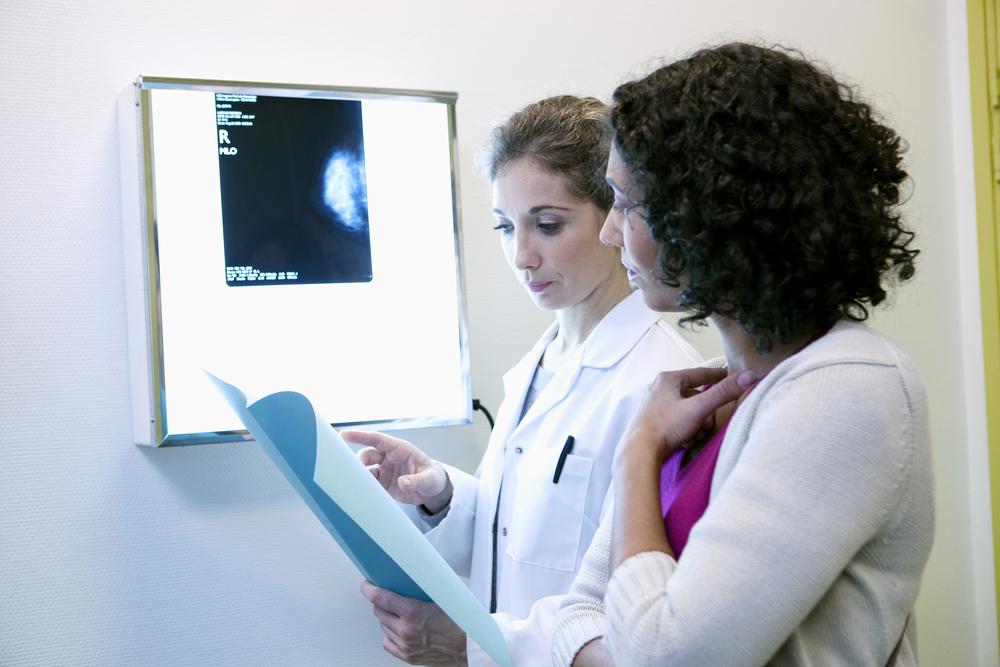Comprehensive Guide to the Progression, Stages, and Treatment of Stomach Cancer
This comprehensive guide explores the progression, staging, early warning signs, causes, and treatment options for stomach cancer. Understanding these aspects is crucial for early detection and effective management of this often silent disease, which can be life-threatening if not diagnosed promptly. The article emphasizes the importance of awareness, timely diagnosis through advanced imaging and biopsies, and tailored treatment strategies based on precise staging. Recent developments in targeted therapies and surgical techniques are highlighted, providing hope for improved patient outcomes and survival rates in stomach cancer cases.

Understanding Gastric Cancer: Progression, Stages, and Treatment Strategies
Gastric cancer, commonly referred to as stomach cancer, is a malignant disease characterized by abnormal cell growth within the lining of the stomach. This insidious disease develops gradually, often remaining asymptomatic in its early stages, making early detection challenging. While it is not as prevalent as some other cancers globally, its subtle progression often leads to diagnosis at advanced stages. This delay complicates treatment efforts and underscores the importance of recognizing risk factors and early warning signs. With advancements in medical science and screening techniques, understanding the disease’s progression and staging is vital for timely intervention and improved patient outcomes.
Recognizing the Early Symptoms and Warning Signs of Gastric Cancer
At the outset, gastric cancer frequently presents with no specific symptoms, which can easily be mistaken for common gastrointestinal discomforts. Many patients initially experience vague symptoms like indigestion or mild nausea, leading to underestimation of the seriousness of these signs. As the cancer progresses, symptoms become more significant and persistent, serving as critical indicators for seeking medical evaluation. These symptoms include:
Early satiety and fullness
Patients may feel overly full after consuming small quantities of food, especially due to discomfort in the upper abdomen.
Persistent heartburn and indigestion
Frequent nausea and vomiting, sometimes with blood
Unexplained weight loss
Chronic stomach pain or discomfort
In advanced stages, symptoms intensify and may include severe weight loss, anemia, blood in stool, jaundice, fatigue, and increased abdominal pain after meals. Recognizing these signs early and consulting healthcare professionals promptly can significantly influence treatment success and survival rates.
Causes and Risk Factors Contributing to Gastric Cancer
The development of gastric cancer involves complex genetic mutations within stomach cells, leading to uncontrolled growth and tumor formation. Several risk factors have been identified, including lifestyle choices, dietary habits, and underlying medical conditions. Chronic inflammation of the stomach lining, known as gastritis, and persistent infections such as Helicobacter pylori are notable contributors. Other significant risk factors include:
Consumption of smoked, salted, or pickled foods containing carcinogens
Long-term gastroesophageal reflux disease (GERD)
Smoking and excessive alcohol consumption
Obesity and sedentary lifestyle
Family history of stomach cancer
Ageing, as risk increases with age
Understanding these risk factors can aid in early detection and prevention strategies for those at higher susceptibility.
Staging Gastric Cancer: Methods and Significance
Accurate staging of gastric cancer is essential for devising effective treatment plans and predicting patient outcomes. Staging determines the extent of tumor invasion, lymph node involvement, and whether the cancer has metastasized to other parts of the body. A standardized system called the TNM classification is widely used, assessing three key components:
Tumor (T): Measures how deeply the tumor has penetrated the layers of the stomach wall, ranging from T0 (no tumor) to T4 (extensive invasion into nearby organs).
Nodes (N): Indicates the presence and extent of lymph node involvement, from N0 (no affected nodes) to N3 (many affected nodes).
Metastasis (M): Detects whether cancer has spread to distant sites, with M0 indicating no metastasis and M1 confirming spread.
The combination of these factors classifies the cancer into stages 0 through 4, guiding treatment options and prognosis.
The TNM Staging Breakdown
T Stage: Describes tumor depth; T1 indicates invasion into the mucosa/submucosa, T2 into muscularis propria, T3 into subserosa, and T4 involves adjacent organs.
N Stage: Reflects lymph node involvement; from N0 (no affected lymph nodes) to N3 (multiple affected nodes).
M Stage: Indicates whether the cancer has metastasized; M0 (none), M1 (distant metastasis).
Integration of these parameters enables precise staging, which is crucial for determining the most appropriate and effective treatment modalities, including surgery, chemotherapy, radiation, or targeted therapies.
Diagnostic Procedures for Accurate Staging and Detection
Endoscopy: Utilizes a flexible tube with a camera to visually inspect the stomach’s interior and obtain tissue biopsies for histopathological evaluation.
Imaging Tests: CT scans, PET scans, and barium swallow X-rays help visualize tumor size, location, and potential spread.
Surgical Exploration: Occasionally performed minimally invasively to assess the extent of disease and guide further treatment decisions.
Treatment Options Tailored to Disease Stage
The management of gastric cancer depends significantly on its stage, overall health condition, and patient preferences. The main treatment options include:
Surgical Resection: Removing the tumor along with surrounding tissues and lymph nodes offers the best chance for potential cure in early stages. Types of surgeries vary from partial (subtotal) to total gastrectomy.
Radiation Therapy: High-energy radiation beams target cancer cells, often used pre-operatively to shrink tumors or post-operatively to destroy residual malignant tissue.
Chemotherapy: Systemic treatment involving anticancer drugs helps eliminate cancer cells throughout the body. It is frequently administered before surgery to reduce tumor size or after to address micrometastases.
Targeted and Emerging Therapies: Advances in personalized medicine have led to targeted therapies that focus on specific molecular abnormalities in gastric cancer, improving outcomes.
As research advances, newer treatments and immunotherapies are increasingly becoming part of the comprehensive management of stomach cancer, offering hope for better survival and quality of life for patients.





